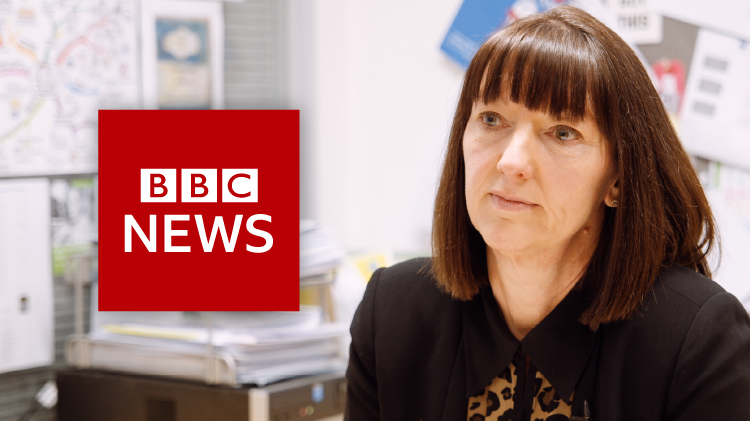New research into supporting families eligible for free school meals in the East of England during the pandemic
A study of households, community volunteers and local authority and health and care professionals involved in the provision of food in the East of England has found that many families with school-aged children reported difficulties in accessing food during the pandemic.
With schools now about to close for the summer holidays, some families who are eligible for free school meals during term time may experience difficulties in providing nutritious meals for their children over the next few weeks as the financial effects of the pandemic continue to affect some people’s livelihoods.
The research conducted by the University of Hertfordshire, funded by the National Institute for Health Research (NIHR) Applied Research Collaboration (ARC) East of England, spoke with study participants between May 2020 and March 2021 to look at how people were managing with access to food and how they were being supported locally as the pandemic evolved.
The study found more support is needed to help families who are eligible for free school meals to navigate the benefits system, especially for those new to the benefits system or recently unemployed. The number of children eligible for free school meals has grown significantly over the past 12 months, from 1.44 million children in January 2020 to 1.74 million children in January 2021*.
Professor Wendy Wills, Director of the Centre for Research in Public Health and Community Care at the University of Hertfordshire, commented: “The extension of the government’s school holiday activities and food programme across the country is a welcome scheme of support for families who might be struggling to meet food costs this summer. Children will be provided with meals and activities during the summer break.
“From speaking with parents across the East of England, we found the previous school holiday voucher scheme restricted food choices and had been difficult for many families to access, as they couldn’t be used online in a time when families were trying to restrict visits to the shops. Our research found families would benefit from a cash top-up to their Child Benefit or Universal Credit payments as a more flexible way of buying food and making the best choices for their individual needs, if access to free school meals becomes an issue again in the future.”
“It’s short sighted of the government to plan to cut the £20 uplift to Universal Credit that has been paid to the lowest waged during the pandemic, when employment is still so uncertain for many people. We know that low waged workers are those who struggle to feed their families so this removal of the uplift will directly impact on the food available for children.”
The University of Hertfordshire team has provided policy briefings to local authorities to help inform support for families and communities over the coming months and into the future.
Stevenage Cllr Rob Broom, added: "We are delighted to continue our work with colleagues at NIHR and the University of Hertfordshire on the development of research findings into actionable projects and interventions with our Healthy Stevenage Partners. We believe this research and policy recommendation will help us to further support partners to deliver services our communities need backed by credible evidence which will further help us to shape our new Healthy Stevenage Strategy going forward”.
BBC Look East features CRIPACC’s research into free school meals and food access
On Wednesday 28 July*, BBC Look East featured research led by Professor Wendy Wills and CRIPACC on the impact of the pandemic on families’ access to food, especially for those eligible for free school meals.
Wendy was interviewed by presenter Janine Machin about the impact of the pandemic, which has exacerbated food poverty due to school closures and loss of secure employment. She spoke about the challenges of navigating the benefits system for the first time, the drawbacks of the previous food voucher scheme, and the support that the government should be offering to families. Wendy also put the issue of food access into the wider context of poverty in the UK, highlighting that these issues will remain as we move beyond the height of the pandemic.
*Broadcast news is available on BBC iPlayer for 24 hours; we are unable to share the footage online for copyright reasons.
